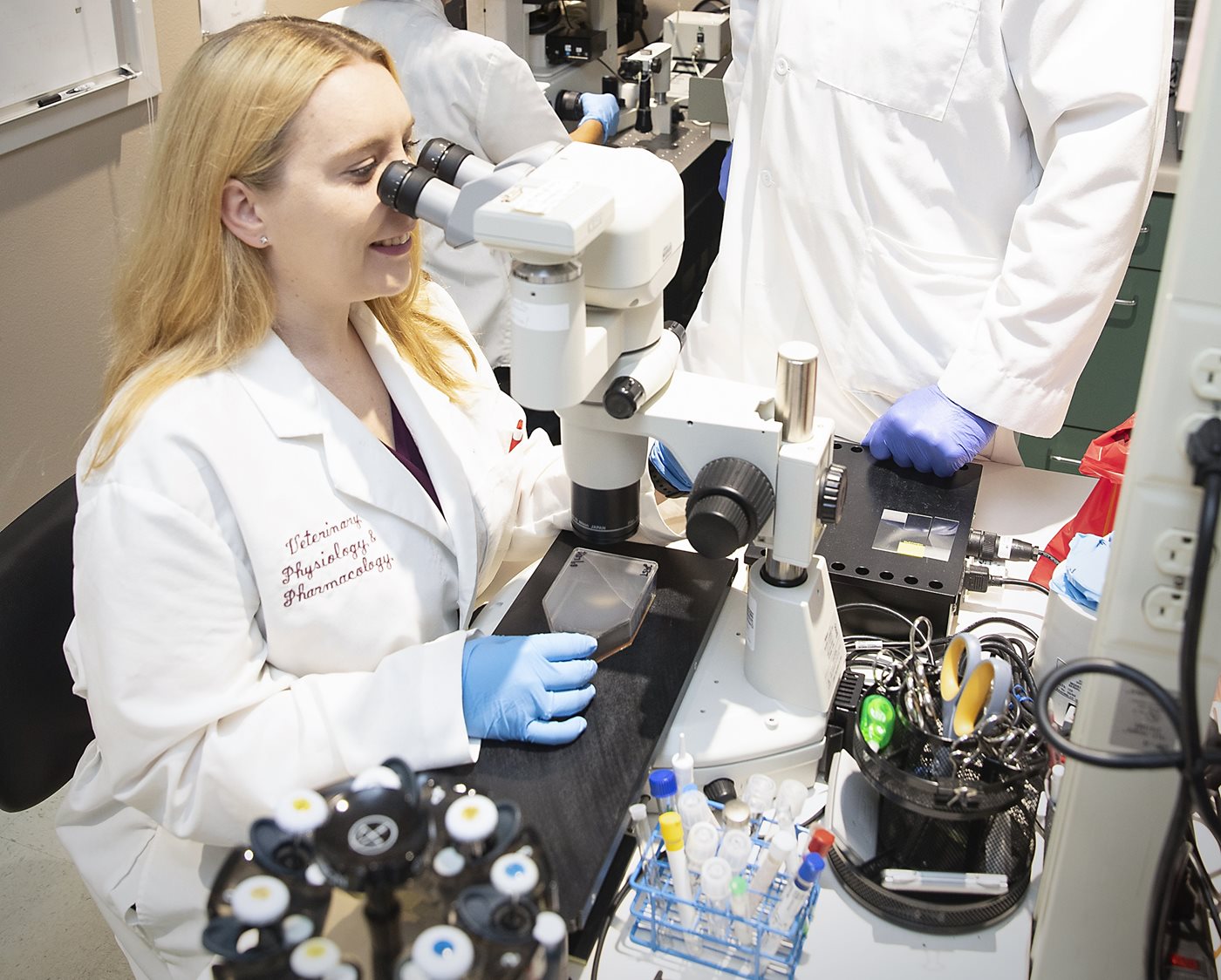March 2019

First, you need to know that all faculty advisors are human and they want to be successful. Even the “worst” advisors that may be in horror stories are still people and some students work just fine under their supervision. The key is knowing (as best as you can) what you are getting yourself in to and picking someone that you can work with. Below is some advice and things to consider.
- Talk to current students. This is number one because it is the most important. Talk to current students in the lab and see what they have to say about the advisor. But also take into consideration who is around when you talk to them. If they don’t have much to say, but the advisor or other faculty is present, it may just be that they don’t want to get in trouble. Try talking to students or staff one-on-one. Keep in mind they may be gathering an opinion of you and may give feedback to the advisor as well- so it is definitely okay to ask their thoughts on the advisor, but don’t be rude about it. Ask things about how they like working for the advisor? What is their typical week like? Who do they go to when they have a problem? Why did they choose that advisor?
Also talk to students in the department or college. Good and bad advisors tend to have reputations outside of their lab, so check to see if anyone has heard about them and what they may have to say. Lastly, keep in mind this is all opinion based. One person with a bad experience can ruin the advisor’s reputation. I do think this is one of the best ways to learn about advisors, but give careful consideration to quality and quantity of what you hear.
- Talk to the advisor. Okay, this may seem obvious, but what I would like to point out is what to look for when you talk to them. Do they welcome questions or are they annoyed and seem too busy? How do they respond to the questions? Do they ask you questions or do they not care to take an interest in you? How do you feel when you talk to them? It is okay to be nervous, but does the advisor make you feel good or make you feel inferior? How you feel and how they act when you talk can be very telling. And of course, when you talk to them, ask about their mentoring style and the program. What are the expectations? What should students do if they need help? What is the plan for you and your research?
- Check out past students. This may be more difficult for new advisors, but it is a great way to potentially predict your success. Look at your advisor’s CV and get a list of students. How many have they had? Did they graduate and how long did it take? Did any drop out? If you do not have this information, you can definitely (politely) ask! But, just because students did not complete, does not mean the advisor is bad. Graduate school (and life in general) is hard! There are many reasons students do not complete. The willingness of the advisor to talk to you about past students is the key. Also check out publications and presentations from the advisor and try to track students. Do students publish or have the opportunity to present? Lastly, where are they now? What kind of careers do the students have?
- Follow up. It is easy to have one great day of communication. So if you are interviewing with the advisor, make sure you follow up. Send an email or schedule another meeting. Especially if you are in a rotation program, pay attention to how often the advisor is around or how often you interact with them. Do they respond to emails? Are they easy to schedule meetings with? How involved are they? There is no good or bad answer to any of these questions, but you need to know the answers so you can decide if it is right for you. If you are independent and don’t want or need much supervision, you may want someone a little more hands off. If you like more direct mentorship and want to see your advisor, you need to know if they will be around for you.
The last thing I want to leave you with is don’t stress! You will pick a great advisor and you can do this. There will be days it is difficult and stress is high. There will come a time when you will not like your advisor (and they may not like you at that moment either)! And that is okay. Just breathe and take it one step at a time. Take advantage of your resources- there are so many! Identify others you can go to when things get tough. Many people have been successful in graduate school before you, and if they can do it, so can you. Good luck, friends!
--- Cassandra Skenandore
Cassandra Skenandore is a Ph.D. studnet in the College of Veterinary Medicine & Biomedical Sciences